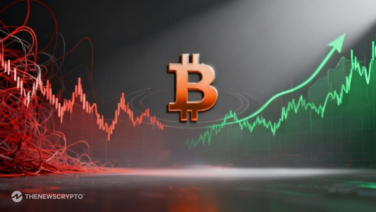- Powell indicated this week that it would be at least two years for CBDC.
- The Senator spoke in favor of hard currency.
Many governments across the globe are turning towards CBDC, otherwise known as Digital currency. On Thursday, a Republican senator from Oklahoma, James Lankford, announced that he introduced legislation called the “No Digital Dollar Act,” which would prevent the U.S. Treasury and the Federal Reserve from interfering with Americans’ use of paper currency in the event that a digital currency is adopted and would ensure that people could continue to exercise privacy in their use of cash and coins.
Paper Currency Over Digital
The bill will “amend the Federal Reserve Act to prohibit the Board of Governors of the Federal Reserve System from discontinuing Federal Reserve notes if a central bank digital currency is issued, and for other purposes,” according to the text of the bill.
By virtue of section 16 5103 of chapter 31, United States Code, no digital money issued by a central bank shall be deemed legal tender. Several constituents of Senator Lankford’s office have voiced fear that the Treasury “could phase out paper money and transition to a digital dollar,” as Lankford related. As he put it, many Oklahomans “still prefer hard currency or at least the option of hard currency.”
Even though the Federal Reserve is hard at work on a digital dollar, Fed Chair Jerome Powell indicated this week that it would be at least two years before the United States has a central bank digital currency (CBDC). “We are looking at it very carefully. We are evaluating both the policy issues and the technology issues, and we are doing that with a very broad scope,” Powell said.
Recommended For You:








